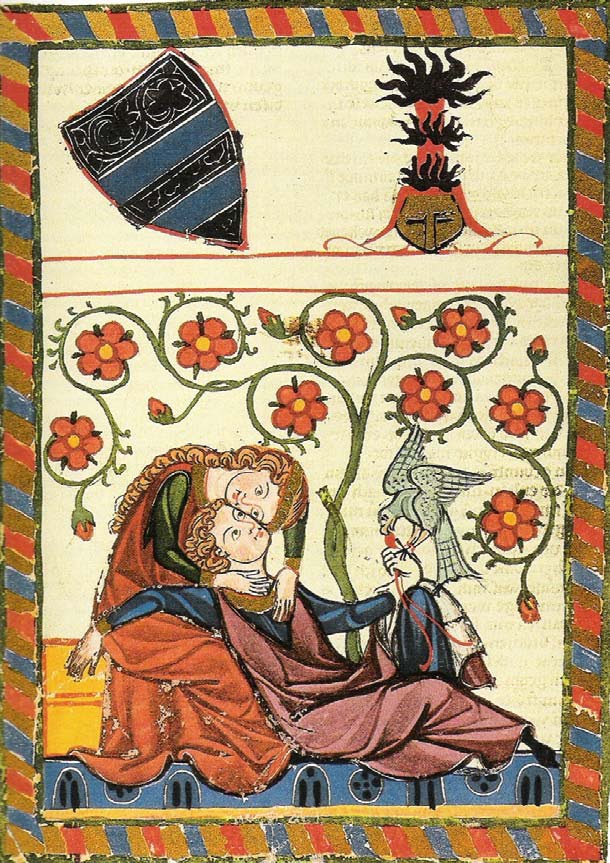From The Conversation:
As a chivalric literary historian who has studied the origins of the holiday, I find this a shame. When the notion of Valentine’s Day as a day for romance emerged in the 1380s it was all about love as a natural life force – birds choosing their mates, the freedom to choose or refuse love and the arrival of springtime. But even then many people did not understand or value these things. In fact, that is why it was invented.
The first to write of Valentine’s Day – a feast day with ancient pagan roots – as a holiday celebrating love and lovers were the 14th-century English squire Geoffrey Chaucer and his friend, the internationally admired knight and poet Oton III de Granson, from Savoy in modern-day France. Both poets were recognized in their own time as chivalrous advocates for human rights. And in tandem, they seem to have concocted Valentine’s Day as a day for lovers.
Their work supported principles still important for us today, notably the right to free choice in love and the right to refuse romantic advances.
Chaucer and Granson encountered one another in the service of Richard II of England and admired one another’s poetry. Their poems about Valentine’s Day show them operating as an international chivalric team to address pressing issues in the theory and practice of love, then and now.
In the poem “The Parliament of Fowls,” Chaucer presents Valentine’s Day as a day when birds gather to choose their mates under the supervision of nature. In the poem, presented as a dream, three rival eagles each express a lifelong commitment to a single female. Birds of lower social status and different temperament, waiting in line, quarrel about how to resolve the impasse so they, too, can select their mates. (Read more.)
Share



















No comments:
Post a Comment